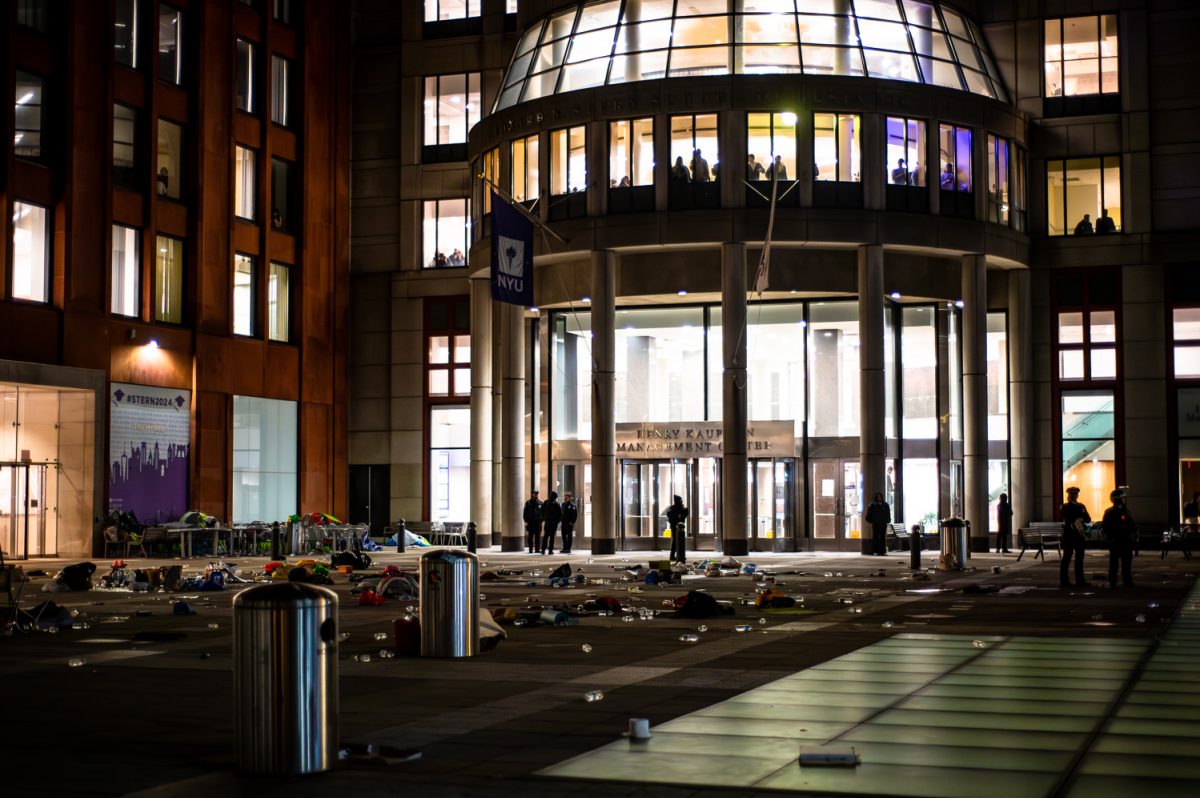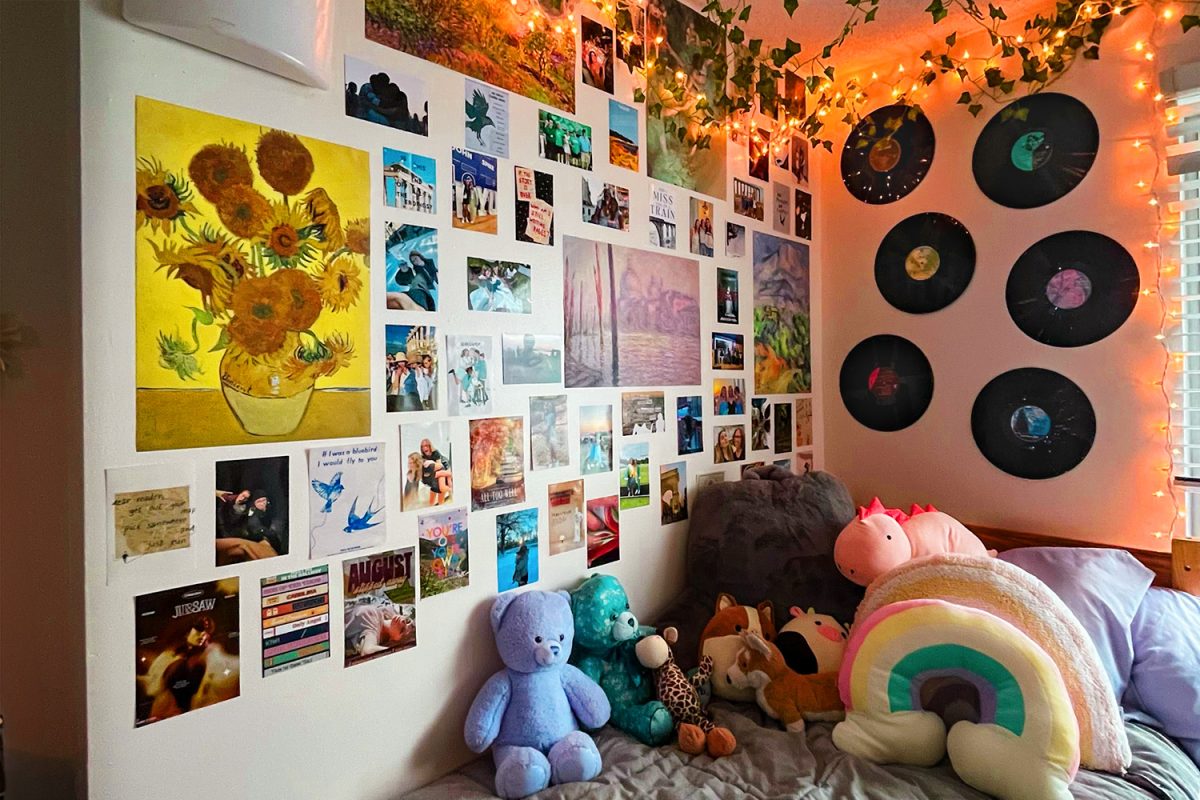Taliban insurgents continue to denounce Malala Yousafzai, the 14-year-old Pakistani schoolgirl who was shot last week, claiming that her advocacy for female education runs counter to Shariah law. Yousafzai, who was airlifted to Britain on Oct. 15 for follow-up care after a bullet was removed from her spinal cord, is expected to recover and eventually return to her schooling. A Taliban spokesperson claimed that the shooting was necessary due to Yousafzai’s support for ideas that run “against mujahideen.”
The shooting was an indirect byproduct of the nation’s inability to remove a distorted view of religion from its educational system. It is estimated that between 12 percent of girls and 26 percent of women in Pakistan are literate. Only 3 million girls have an education beyond middle school. Meanwhile, the nation’s educational system is still rooted in a backwards madrassa system, which often radicalizes the youth and pushes them towards religious fanaticism — the same fanaticism that allows grown men to shoot an unarmed child behind her back.
Threatening letters to the family were not enough to keep Yousafzai from voicing her opinions, however. The shooting speaks to how the Taliban fear this inevitable change. In a country that lacks strong leadership, the prominent rise of a 14-year-old girl can intimidate even religious extremists with broad, universal intentions.
Drones fly overhead and are an ever-present threat to the daily lives of Pakistani civilians. This is an important matter in the country and undermines American favorability. But while we focus on military intervention, it is easy to disregard other, more fundamental issues at play in the region. Young activists like Yousafzai are denied basic access to educational opportunities due to a religious patriarchy that suppresses women’s rights. Helping to foster a culture that accepts rather than stigmatizes equality remains a pressing issue, more so than we often believe. When madrassas openly welcome all Pakistani girls inside their rooms, an unjust element of day-to-day life is forced out the door.
A version of this article appeared in the Wednesday, Oct. 17 print edition. Email the WSN Editorial Board at [email protected].











































































































































Arafat • Oct 18, 2012 at 7:52 am
I keep reading that it’s a small minoroty who misunderstand “their” religion creating these problems, but when I mlook across the breadth of the Islamic caliphate countries I see an ocean of “misunderstanders of their religion” not a small minority.
Maybe it is we who misunderstand Islam and that it truly is a repressive, supremacist misogynistic religion. Did that thought ever enter the editorial board’s heads?